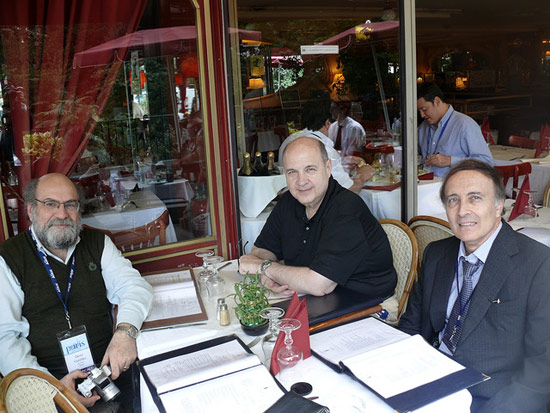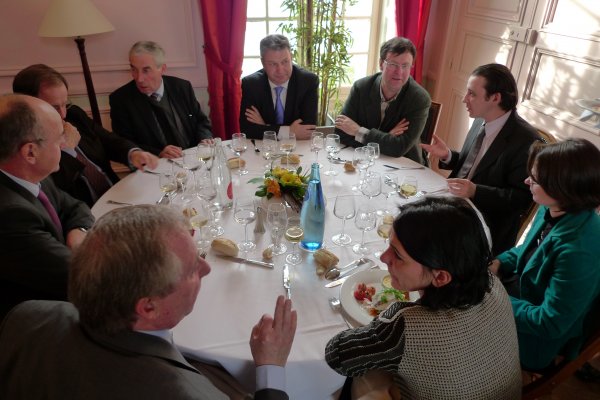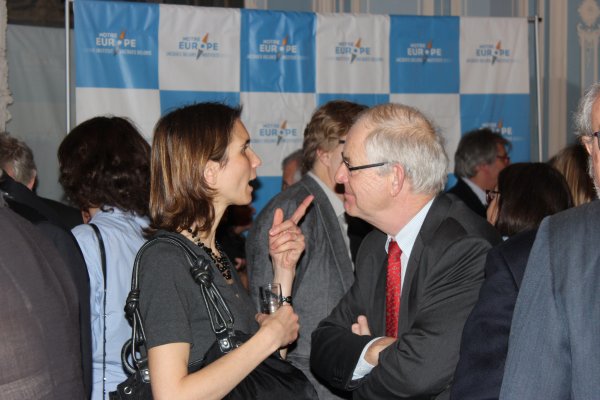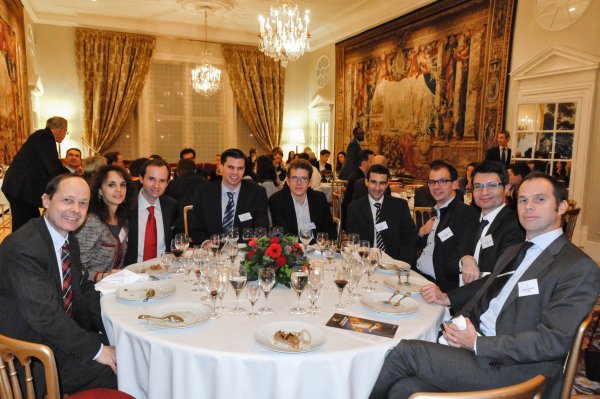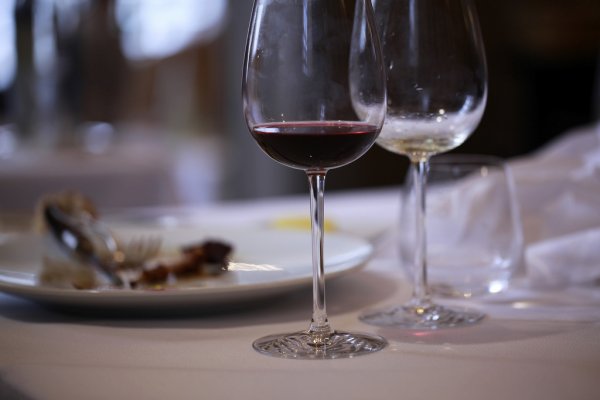Business Culture: Business Entertaining
Activities
Food is a cultural identifier, a regional signature, and a straightforward passion in France. Consider a business meeting held over a meal in France a delightful adventure of learning, socializing, and indulgence that may never actually broach the topic of business. The most important thing to remember is, don't rush it.
Lunch is the preferred meal for business entertaining, with most midday meetings beginning between 12:30 and 1pm. and lasting well into the afternoon. A business lunch starts with an appetizer, followed by a main course, cheese, dessert, and coffee. It is acceptable to have a glass of wine or two with lunch even if your host doesn't, but any more than that will appear excessive.
Dinner commences around 8:30pm, and it is polite to stay until sometime near 11pm, or at least until everyone has finished their coffee. Expect fine, decadent food and plenty of wine, as well as a rich discussion about how the food was prepared, where the ingredients came from, and how delicious they taste. Encourage this discussion with genuine questions to make a positive impression.
Business may also be conducted over a business drink, which should take place in a hotel bar or somewhere else quiet, rather than at a busy café. Generally speaking, "going for a drink" means one or two drinks—public intoxication and impaired driving are severely frowned upon.
Regional cooking offers a vast variety of cuisines—some involving expensive ingredients swamped with rich sauces, and others favoring fresh seasonal foods quickly cooked and elegantly served.
Expect a lush array of seafood along the Normandy and Brittany coasts—travelers to this region who have shellfish allergies, beware. Outdoor grilled seafood is also a regular menu item along Côte d'Azur, while sausages, meats, and cooked vegetables make Lyon famous. German-influenced meats and pâtés typify the north part of the country, and to the south expect fine cheeses, meats, breads, vegetables, and herbed dishes such as bouillabaisse and ratatouille. Vegetarian cuisine is not the norm, but not impossible—it is polite and helpful to make special dietary restrictions known ahead of time.
Etiquette
Your French counterparts may not bring up the subject of business until late in the meal, or not at all—the first meeting or two may be purely social. Always follow your host's lead in this regard.
It is appropriate to discuss your home country and region (brush up on your own local history to make a great impression); food; art; music; philosophy; sports like soccer, tennis, or cycling; current events; and history. Avoid religion, politics, and Napoleon. Stay away from personal questions, too.
When hosting a business dinner in France, be prepared to stretch the budget, and be sure to research your restaurant choices carefully. Full-course dinners can be extremely expensive, and the cost isn't always an accurate reflection of the quality of the meal or wine. A hotel concierge will be able to offer a list of choices within your price range. Remember reservations are always required in restaurants, but never in brasseries and hotels. If in doubt, call ahead. The person who hosts the meal pays the bill and tipping is not traditional in France.
Always order French wine with dinner, unless you are from California. Business travelers from California traditionally go out of their way to engage in an ongoing, high-spirited competition between their own wines and French wines—they ensure the finest Californian wines are served with dinner.
Table manners are Continental: the fork is held in the left hand and the knife in the right. Never begin eating until you hear "Bon appétit." Finish everything on your plate, and leave your wineglass nearly full if you wish to indicate you don't want more—never refuse wine, even if you don't intend to drink it.
Never order a martini or scotch before dinner or smoke between courses as these activities are considered palate numbing. Pastis, kir, champagne, or vermouth are acceptable meal precursors. Similarly, avoid additives like salt, pepper, and ketchup as this indicates the food is bland or inadequate.
While it is less common to be invited to a French business associate's house, it is important to treat the invitation with honor. Be sure to send flowers in advance of the visit, but avoid chrysanthemums (for funerals) roses (for romance), and lilies (for royalty). Bring chocolates or another small, tasteful gift to the hostess and send a hand-written thank you note the next day.
It is expected that you arrive five or ten minutes late, and never ask for a tour of the home. In most French homes the toilet and the bathroom are in separate places, so be sure to ask for the correct one. Maintain exceptional table manners and choose a polite, reserved demeanor over an overly friendly, smiling, laughing persona. Be mindful of an offering of orange juice following the coffee—it is a polite signal that it is time to take leave.
Article written for World Trade Press by Jessica Kirby.
Copyright © 1993—2025 World Trade Press. All rights reserved.

 France
France 